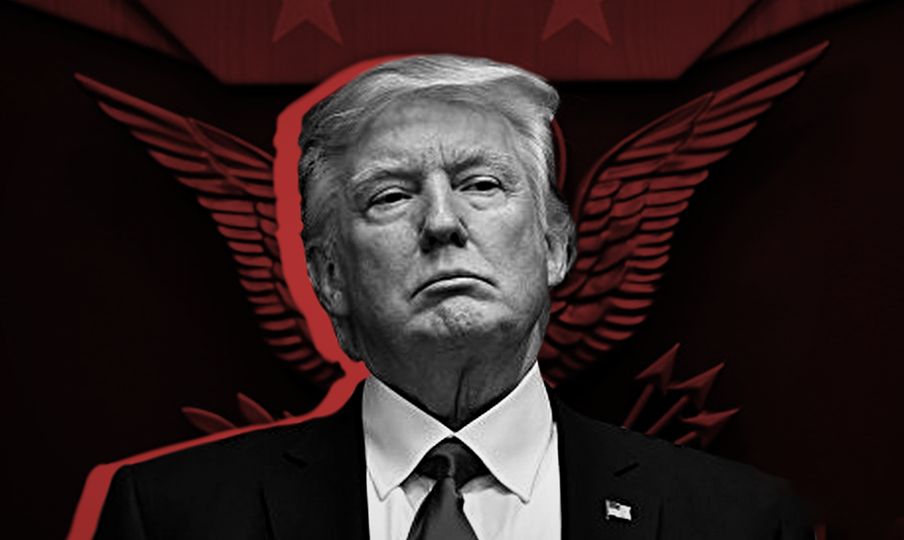Altcoins Flash Red as US Strikes Iran: Geopolitics Heats Up, Crypto Markets Plunge

On Saturday evening, the global cryptocurrency market entered a period of strong volatility after the United States officially entered the war in the Middle East by attacking key Iranian nuclear facilities. This is considered the biggest escalation in the crisis between Iran and Israel, and the first time the US has directly intervened militarily since the conflict broke out.
President Donald Trump confirmed that the US had launched a series of airstrikes targeting strategic locations in Iran. This move immediately caused investors around the world to react, in which the cryptocurrency market was one of the first victims to be heavily affected.
Altcoins Plunge: Ethereum, Cardano and AI Tokens Suffer Heavy Losses
Immediately after the news was announced, a series of major altcoins turned red. Ethereum, the second-largest cryptocurrency by market cap, fell more than 5%, trading below $2,300 for the first time in nearly a month. Selling pressure intensified, reflecting widespread geopolitical concerns.
Cardano (ADA) was also not immune to the decline, losing nearly 6% in the session, falling close to a three-month low. Meanwhile, artificial intelligence-related tokens such as Virtual (VIRTUAL) and Fetch.ai (FET) recorded losses of nearly 10%, indicating investors are fleeing the riskiest assets.
The total value of liquidated leveraged trading positions in the cryptocurrency market exceeded $670 million in the past 24 hours alone, according to data from Coinglass, making it one of the worst sell-offs since the start of the second quarter of 2025.
Bitcoin Holds Above $102,500, But Outlook Is Not Bright
Despite the sharp fall in altcoins, Bitcoin is still holding above $102,500. However, technical indicators show a high possibility that the king coin will lose the psychological support of $100,000 if Iran responds with a corresponding military action or if the US continues to escalate in the coming time.
BeInCrypto analysts have previously warned that if the US officially enters the war, Bitcoin could fall more than 10% in the short term as the pressure to flee risky assets will increase.
Market Sentiment: Avoid Risk, Seek Safe Havens
In the context of geopolitical instability, capital flows are tending to leave the crypto market and move to safe haven assets such as gold, US Treasury bonds and the dollar. The DXY index measuring the strength of the USD continues to rise, reflecting the defensive sentiment of global investors.
In addition, the spread between US government bond yields is widening, a common sign during periods of crisis or recession. This also shows that financial markets are re-pricing macro risks in the medium and long term.
The situation could get worse if Iran retaliates
President Trump said in his latest statement that any retaliation from Iran would lead to a tougher response from the US. This has made investors more concerned about the possibility of a widespread military conflict, exacerbating the energy supply chain crisis and causing many consequences for the global economy.
If tensions continue to escalate, the crypto market could enter a strong correction cycle in the short term. Bitcoin could head towards the $95,000 support zone, while altcoins could lose another 10–20% of their capitalization.
Conclusion
The US airstrike on Iran is a stark reminder that the cryptocurrency market, despite its decentralized nature, is highly sensitive to global geopolitical events. When investor sentiment shifts to fear, high-risk assets such as altcoins are often the first to suffer.
In times of uncertainty, capital preservation and risk management should take precedence over the pursuit of returns. Investors should closely monitor political developments in the Middle East, the decision of the US National Security Council, and Iran’s subsequent response to come up with an appropriate strategy.
Whether the market recovers or continues to decline will largely depend on the speed and extent of the escalation of the conflict, which remains the biggest unknown at the moment.
